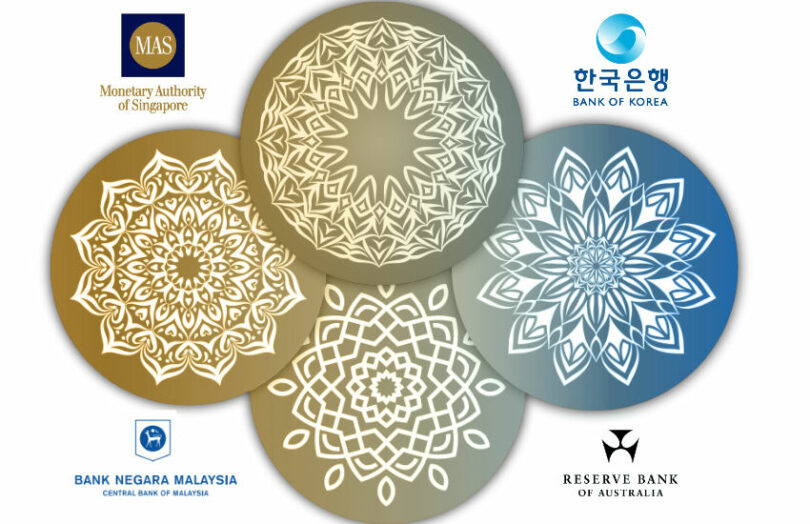The BIS and the central banks of Australia, Korea, Malaysia and Singapore have started a new Project Mandala. The aim is to address jurisdiction specific regulatory requirements for cross border transactions. That includes for central bank digital currencies (CBDCs), tokenized deposit payments, and cross border borrowing.
The proof of concept will create a common compliance protocol for cross border use cases. It will automate much of the compliance of cross border transactions, including configurable foreign exchange rules and anti money laundering (AML). It will also provide real time transaction monitoring.
The project was inspired by Project Dunbar, a cross border CBDC project with the same participants, except the Bank of Korea has taken the place of the South African Reserve Bank. Dunbar highlighted three key challenges for cross border CBDC: whether central banks will allow access to foreign commercial banks, the complexity of different regulatory requirements addressed here, and governance.
Dunbar envisaged embedding processes in smart contracts to handle a variety of functions beyond purely payment and settlement. These include sanction screening and exchange controls.
The results potentially can be used in both new systems being built and to ease the current regulatory burden.






